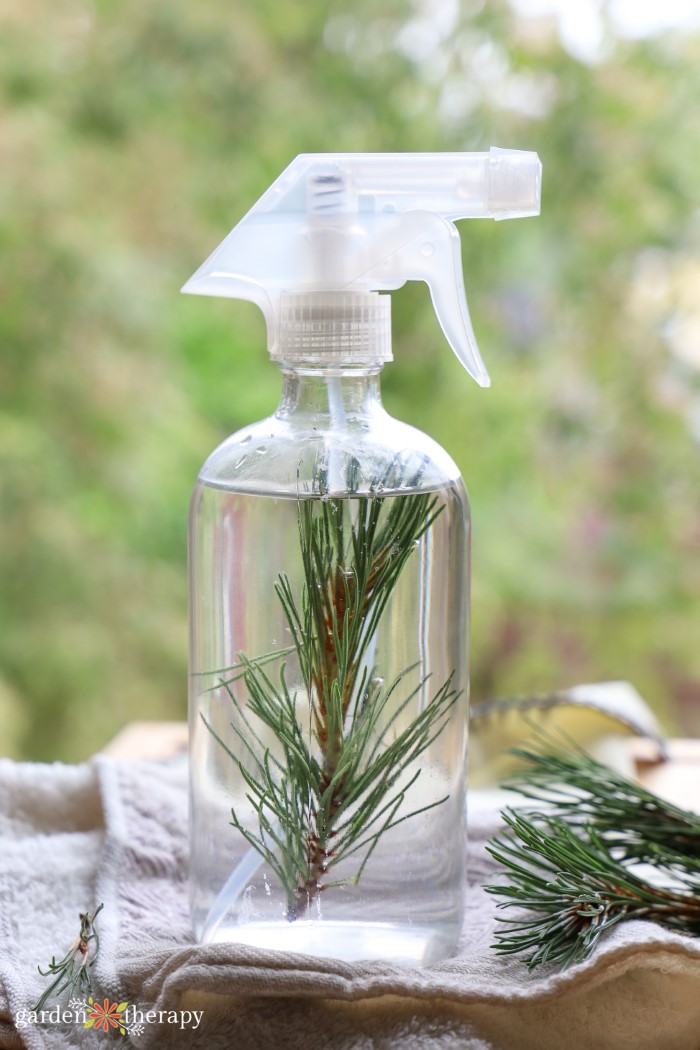What Plants Do Not Like Pine Needles
Pine needles are acidic and can make the soil around a plant too acidic for the plant to grow.
If you have ever wondered why your plants don’t seem to like pine needles, you are not alone. Many gardeners have noticed that their plants do not thrive when pine needles are present in the soil. There are a few reasons for this. Firstly, pine needles are acidic and can lower the pH of the soil, making it less ideal for many plants. Additionally, the decomposing pine needles can create a dense and compact layer over the soil, making it difficult for water and nutrients to penetrate. This can lead to poor drainage and nutrient deficiency in the plants. Instead, consider using materials such as compost or mulch that can improve the soil structure and provide the necessary nutrients for your plants. Another option is to choose plants that complement crotons, such as ferns, calatheas, or prayer plants, which can thrive in the acidic conditions created by pine needles.
First of all, pine needles are very acidic. This can make the soil too acidic for some plants to grow properly. Additionally, pine needles can block sunlight and prevent water from reaching the roots of your plants.
They can also harbor harmful insects and diseases which can damage your plants.
To avoid these problems, it is best to remove any pine needles from your garden before planting anything new. If you already have plants growing in an area with pine needles, be sure to keep an eye on them and give them extra attention to make sure they are getting what they need to thrive.

Credit: gardentherapy.ca
What Plants Can I Use Pine Needles On?
Pine needles can be used on a variety of plants, including evergreens, azaleas, rhododendrons, and hollies. They can also be used on fruit trees and berry bushes. Pine needles make an excellent mulch because they are slow to decompose and help the soil retain moisture.
What Do Pine Needles Repel?
Pine needles have a variety of benefits and uses, one of which is as a natural repellent. Pine needles can be used to repel mosquitoes, ticks, fleas, ants and other insects. They contain an oil called pinene which is a natural insecticide.
When the needles are burned, the smoke also repels insects.
Can You Put Pine Needles around Vegetable Plants?
Pine needles can be used as a mulch around vegetable plants. They will help to keep the soil moist and will also add some nutrients to the soil as they decompose.
Can You Put Pine Needles around Tomato Plants?
Pine needles can be used as a mulch around tomato plants. Pine needles are an organic material and will break down over time, adding nutrients to the soil. Pine needles also help to keep the soil moist and cool, which is ideal for growing tomatoes.
Do Pine Needles Make Soil More Acidic? Truth or Gardening Myth?
Will Pine Needles Kill Plants
One of the most common questions we get here at Gardening Know How is “will pine needles kill plants?” The short answer is “it depends.”
Pine needles, like all mulch, can be beneficial to plants if used properly.
Pine needles help to insulate the ground, keeping roots warmer in winter and cooler in summer. They also help to retain moisture in the soil and prevent erosion. However, if you use too much pine needle mulch or don’t replenish it regularly, it can actually harm your plants.
When pine needles decompose they release acids that can build up in the soil and make it too acidic for some plants to grow. This is especially a problem with annuals and tender perennials that are not tolerant of acidic soils. If you have plants that are struggling in your garden, take a soil sample to your local cooperative extension office to have it tested – you may need to adjust the pH with lime if it is too low.
Another thing to consider when using pine needle mulch is that it breaks down quickly – much faster than other types of mulch such as bark or straw. This means you will need to replenish it more often (every few months) to maintain its benefits. If you don’t do this, yourpine needle mulch will simply turn into compost and will no longer provide any benefits for your plants!
What Plants Like Pine Needles
Pine needles are a great source of nutrients for plants. They are rich in nitrogen, phosphorus, and potassium, which are essential for plant growth. Pine needles also contain other minerals that can be beneficial to plants, such as magnesium, calcium, and iron.
Pine needles make an excellent mulch for around trees and shrubs. They help to keep the soil moist and cool, while also providing nutrients for the plants. Pine needle mulch is also effective in preventing weeds from growing.
If you have pine trees in your yard, consider using the fallen needles as a way to fertilize your garden. You can either spread them over the surface of the soil or dig them into the ground. Either way, your plants will appreciate the extra nutrients!
Do Hydrangeas Like Pine Needle Mulch
If you live in an area with pine trees, you may be wondering if pine needle mulch is a good option for your garden.Hydrangeas are one of the few plants that actually prefer acidic soil, so pine needle mulch can be a great way to lower the pH of your soil and create the perfect environment for these beautiful flowers.Pine needles also help to retain moisture in the soil, which is essential for hydrangeas. Just be sure to apply a thick layer of mulch around the base of the plant to keep the roots cool and moist.
Pine Needle Mulch Pros And Cons
Pine needle mulch has been used for centuries as an effective way to insulate and protect plants. It is composed of fallen pine needles, which are a natural byproduct of the tree. Pine needle mulch is an organic material that breaks down slowly, providing nutrients to the soil as it does.
There are several benefits to using pine needle mulch:
It helps to improve drainage in heavy clay soils and prevents erosion on slopes.
It keeps roots cool in summer and warm in winter.
It suppresses weeds naturally, due to its dense structure.
Pine needles also release a natural insecticide called pyrethrin, which can help protect your plants from pests. However, there are a few potential drawbacks to using pine needle mulch:
If you live in an area with a lot of pine trees, you may find that your needles get moldy quickly. This isn’t harmful to plants, but it can be unsightly.
Pine needles can be sharp, so if you have small children or pets who play in your garden, you’ll want to take this into consideration.
Finally, because pine needle mulch is slow to decompose, it’s not the best choice for annual gardens where you need to turn over the soil each year.
Do Pepper Plants Like Pine Needles
Pine needles can be great for pepper plants! They help to improve drainage and aeration in the soil, and they also add extra nutrients that the plants can use. Just make sure that you don’t use too many, as it can make the soil too acidic for the plants.
Using Pine Needles As Mulch in Vegetable Garden
Pine needles can be an excellent addition to your vegetable garden mulch. Here are some tips on using pine needles as mulch in your garden:
1. Pine needles make an excellent weed barrier.
Spread a layer of pine needles around your plants, and they will help keep weeds at bay.
2. Pine needles help retain moisture in the soil. This is especially helpful during hot summer days when the sun can quickly dry out the soil.
3. Pine needles add nutrients to the soil as they decompose. As the pine needles break down, they release nitrogen and other nutrients into the soil which helps nourish your plants.
4. Pine needles create a more acidic environment in the soil, which can be beneficial for certain vegetables like blueberries, potatoes, and radishes that prefer slightly acidic conditions.
Do Roses Like Pine Needles
Pine needles are an excellent source of mulch for roses. They help to retain moisture in the soil and protect the roots from extreme temperatures. Pine needles also provide a slightly acidic environment that roses prefer.
Conclusion
Although pine needles make an excellent mulch for many plants, there are a few that don’t like them. Pine needles can be too acidic for some plants and can stunt their growth. They also don’t break down very quickly, so they can smother small plants.
If you’re not sure whether your plant will like pine needles, it’s best to err on the side of caution and not use them.

